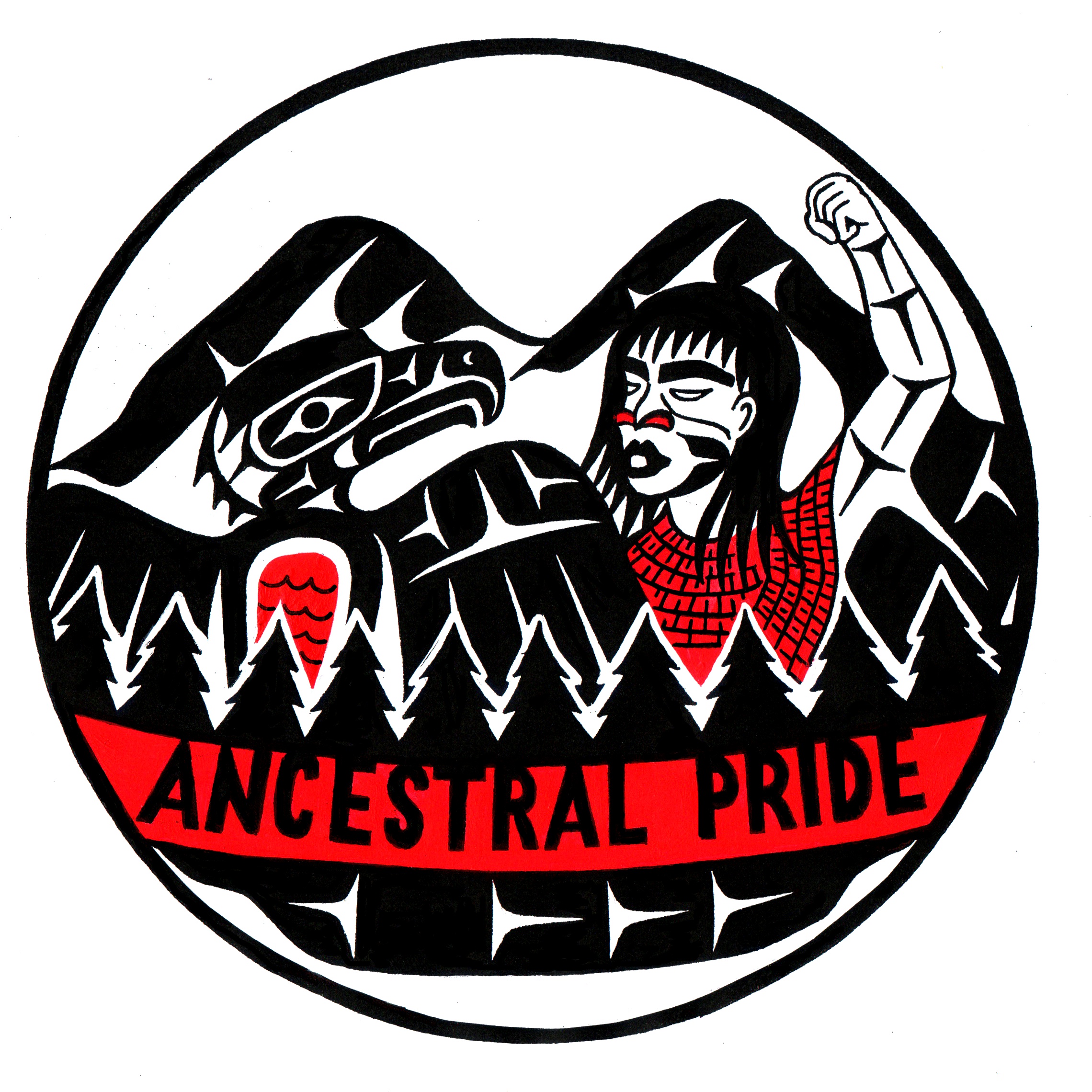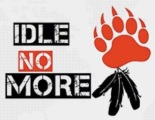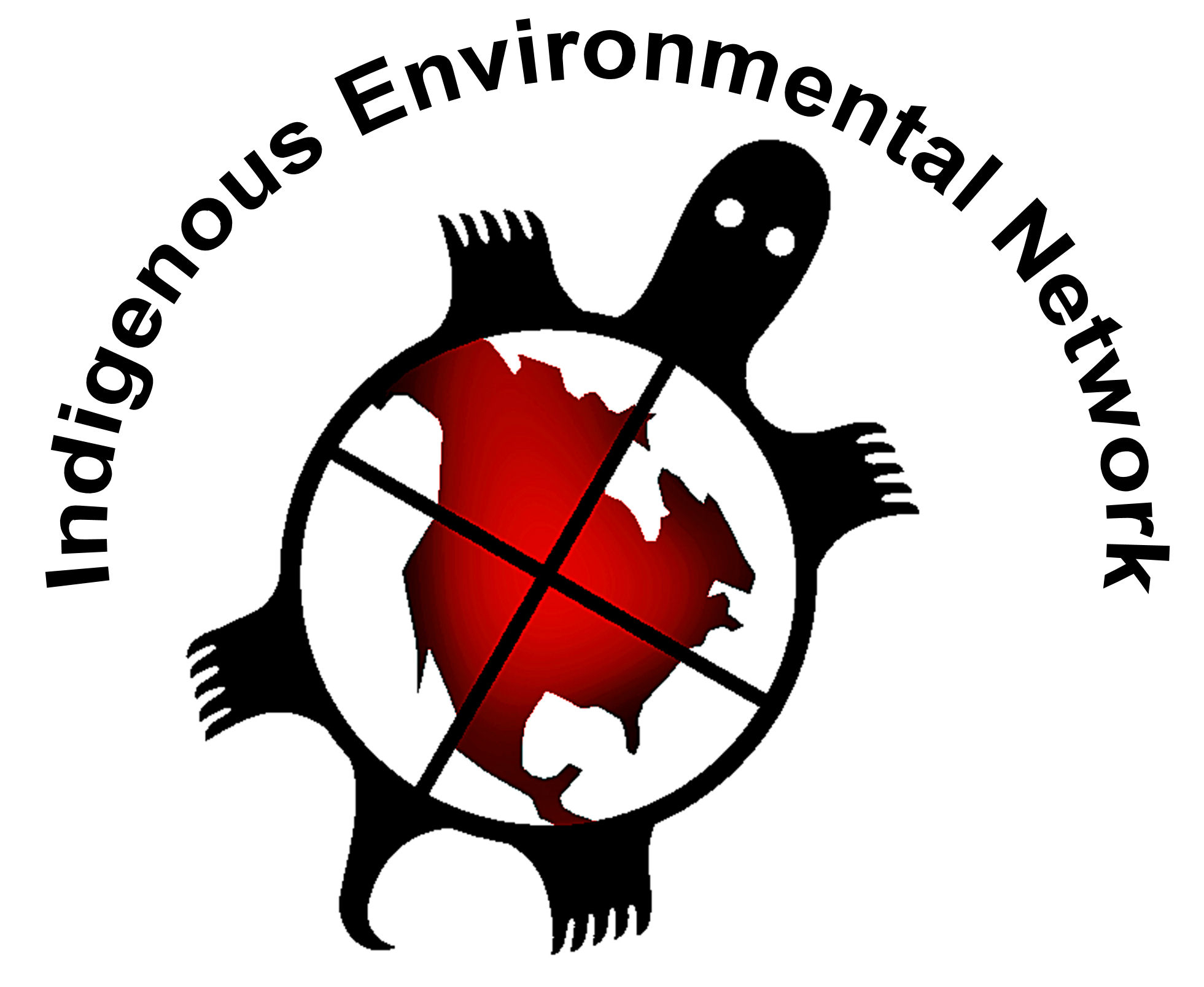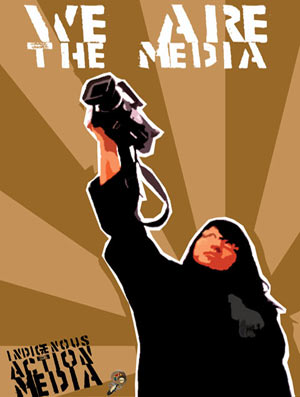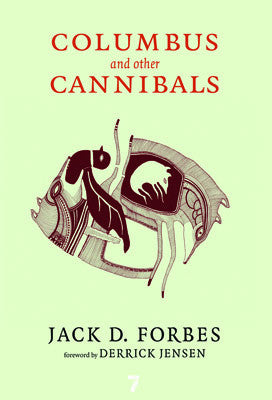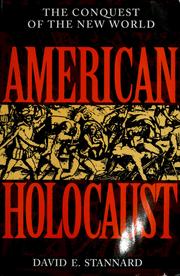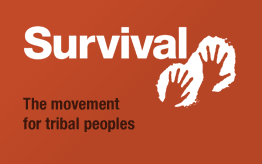 By Waziyatawin and Michael Yellow Bird, from the Introduction to For Indigenous Minds Only: A Decolonization Handbook:
By Waziyatawin and Michael Yellow Bird, from the Introduction to For Indigenous Minds Only: A Decolonization Handbook:
Introduction and Background
In 2005, eight Indigenous intellectuals created the volume For Indigenous Eyes Only: A Decolonization Handbook, to offer hands-on suggestions and activities for Indigenous communities to engage in as they worked to develop decolonizing activities. Beginning from the assumption that Indigenous Peoples have the power, strength, and intelligence to develop culturally specific decolonization strategies to pursue our own strategies of liberation, we attempted to begin to demystify the language of colonization and decolonization. Through a step-by-step process, we hoped to help Indigenous readers identify useful concepts, terms, and intellectual frameworks that will assist all of us in our struggle toward meaningful change and self-determination. The handbook covered a wide range of topics including Indigenous governance, education, languages, oral tradition, repatriation, images and stereotypes, nutritional strategies, and truthtelling.
“The most potent weapon in the hands of the oppressor is the mind of the oppressed.”—Steve Biko
In this volume, a number of new Indigenous scholars, writers, and activists have collaborated for the creation of a sequel to the Decolonization Handbook. The title, For Indigenous Minds Only, reflects an understanding that decolonizing actions must begin in the mind, and that creative, consistent, decolonized thinking shapes and empowers the brain, which in turn provides a major prime for positive change. Undoing the effects of colonialism and working toward decolonization requires each of us to consciously consider to what degree we have been affected by not only the physical aspects of colonization, but also the psychological, mental, and spiritual aspects. Kenyan intellectual Ngugi wa Thiong’o, in his book Decolonising the Mind, describes the “cultural bomb” as the greatest weapon unleashed by imperialism:
The effect of the cultural bomb is to annihilate a people’s belief in their names, in their languages, in their environment, in their heritage of struggle, in their unity, in their capacities and ultimately in themselves. It makes them see their past as one wasteland of non-achievement and it makes them want to distance themselves from that wasteland. It makes them want to identify with that which is furthest removed from themselves; for instance, with other peoples’ languages rather than their own. It makes them identify with that which is decadent and reactionary, all those forces that would stop their own springs of life. It even plants serious doubts about the moral righteousness of struggle. Possibilities of triumph or victory are seen as remote, ridiculous dreams. The intended results are despair, despondency and a collective death-wish.
The planting and igniting of this “cultural bomb” by the colonizing forces has been essential to the colonization process, for if our minds are contaminated with self-hatred and the belief that we are inferior to our colonizers, we will believe in both the necessity and virtue of our own colonization. We will begin to diminish the wisdom and beauty of Indigenous ways of being and embrace the ways of the colonizers as inherently superior. When we believe in their superiority, our motivation to fight for our own liberation is splintered and eventually seriously damaged. However, we do not believe that it can be killed. That destiny lies within each of us. Still, if we accept the cultural bomb, why would we fight for something we perceive to be undesirable?
Working toward decolonization, then, requires us to consciously and critically assess how our minds have been affected by the cultural bomb of colonization. Only then will we be positioned to take action that reflects a rejection of the programming of self-hatred with which we have been indoctrinated. We will also learn to assess the claims of colonizer society regarding its justification for colonization and its sense of superiority. When we regain a belief in the wisdom and beauty of our traditional ways of being and reject the colonial lies that have inundated us, we will release the pent-up dreams of liberation and again realize the need for resistance to colonization. This volume is dedicated to facilitating the critical thinking that will help us work toward our collective decolonization.





